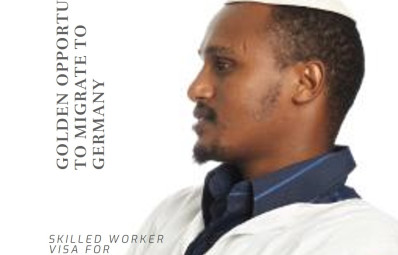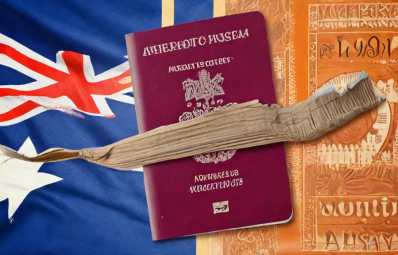Posted At: Sep 09, 2023 - 347 Views
Eligibility Criteria
In order to be eligible for PR in the UK, international students must meet a number of criteria, including:
- Being aged 18 or over
- Having been in the UK for at least five years
- Having an eligible visa status
- Having no criminal convictions
- Having sufficient funds to support themselves
- Meeting the requirements of the English language test
- Having a job offer from an employer based in the UK
Once these criteria are met, international students can then begin the process of applying for PR.
Different Routes to Permanent Residency
There are a number of different routes to PR in the UK, depending on the individual’s circumstances. Some of the most common routes to PR include:
- The Tier 2 (General) visa: This visa is available to skilled workers who have a job offer from an employer based in the UK. The Tier 2 visa is valid for a maximum of five years and can be extended for a further five years. After five years on this visa, the individual may be eligible to apply for PR in the UK.
- The Tier 1 (Exceptional Talent) visa: This visa is for highly skilled individuals who have been endorsed by one of the five UK endorsing bodies. This visa is valid for a maximum of three years and can be extended for a further two years. After three years on this visa, the individual may be eligible to apply for PR in the UK.
- The Tier 1 (Investor) visa: This visa is for individuals who have a large amount of capital to invest in the UK. This visa is valid for a maximum of three years and can be extended for a further two years. After three years on this visa, the individual may be eligible to apply for PR in the UK.
- The Tier 1 (Entrepreneur) visa: This visa is for individuals who are looking to set up or run a business in the UK. This visa is valid for a maximum of three years and can be extended for a further two years. After three years on this visa, the individual may be eligible to apply for PR in the UK.
- The Tier 1 (Graduate Entrepreneur) visa: This visa is for graduates from UK universities who have a viable business idea. This visa is valid for a maximum of one year and can be extended for a further two years. After one year on this visa, the individual may be eligible to apply for PR in the UK.
- The Tier 1 (Post-Study Work) visa: This visa is for graduates from UK universities who are looking to stay in the UK to work after completing their studies. This visa is valid for a maximum of two years and can be extended for a further two years. After two years on this visa, the individual may be eligible to apply for PR in the UK.
Application Process
Once the individual is eligible for PR, they must then submit an application to the UK Visas and Immigration (UKVI) department. The application must include supporting documents such as passports, birth certificates, proof of residence, proof of financial support, and any other relevant documents.
Once the application has been submitted, the UKVI will assess the individual’s eligibility and make a decision on whether to grant PR. If the application is successful, the individual will receive a letter of approval and will be given a biometric residence permit (BRP) which confirms their PR status in the UK.
Conclusion
Getting PR in the UK after studying is not always easy, but it is possible for international students to obtain PR if they meet the eligibility criteria and submit a successful application. By understanding the different routes to PR and the application process, international students can take the necessary steps towards becoming a permanent resident of the UK.






